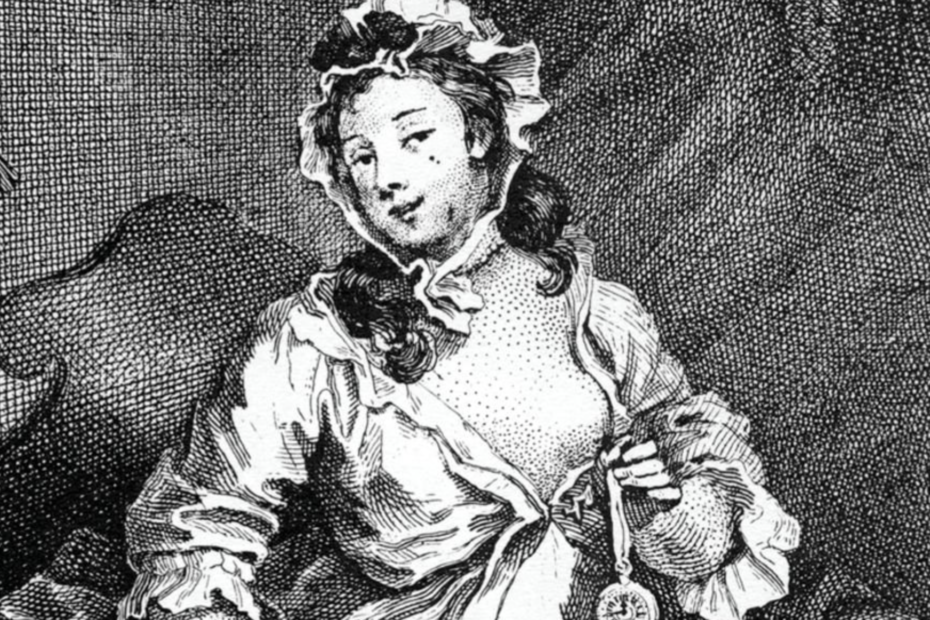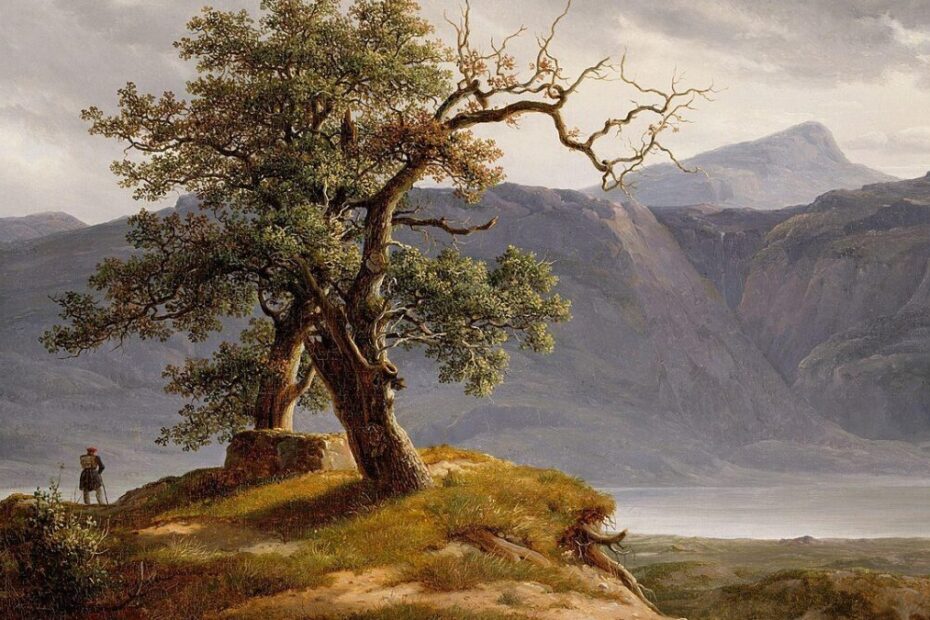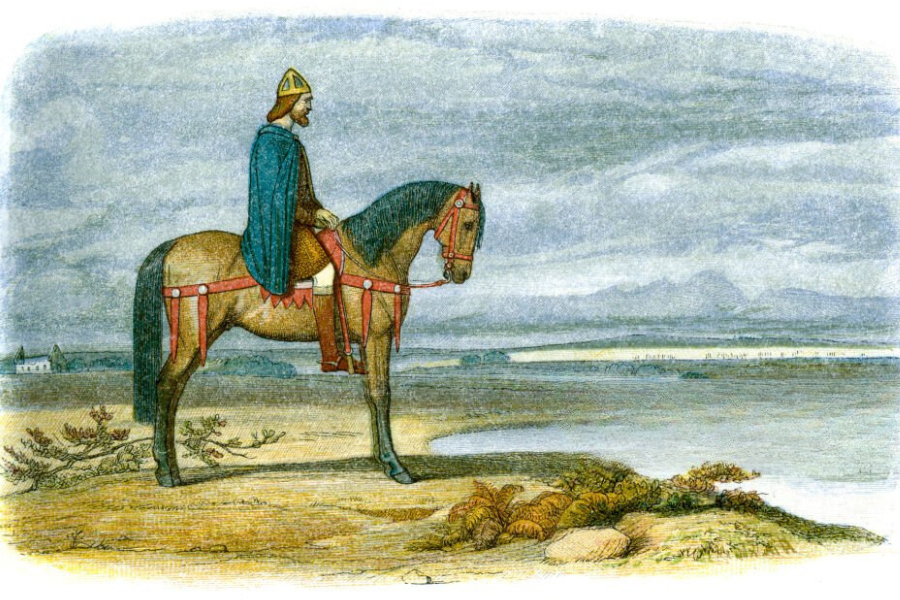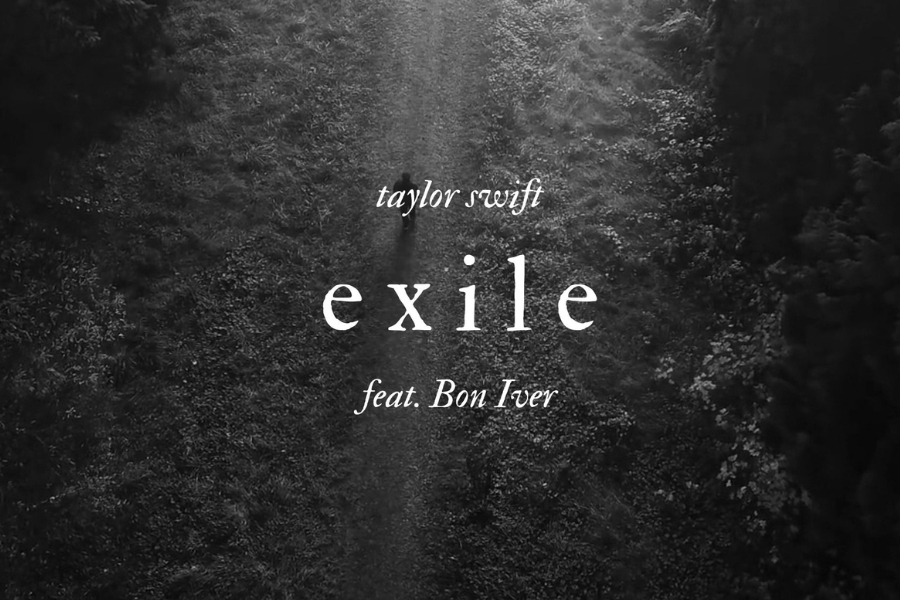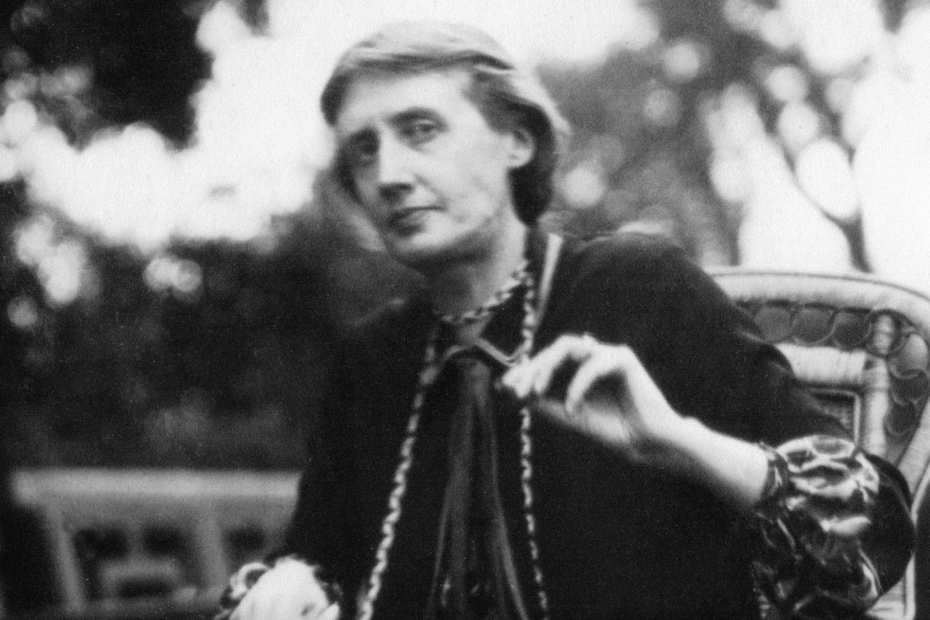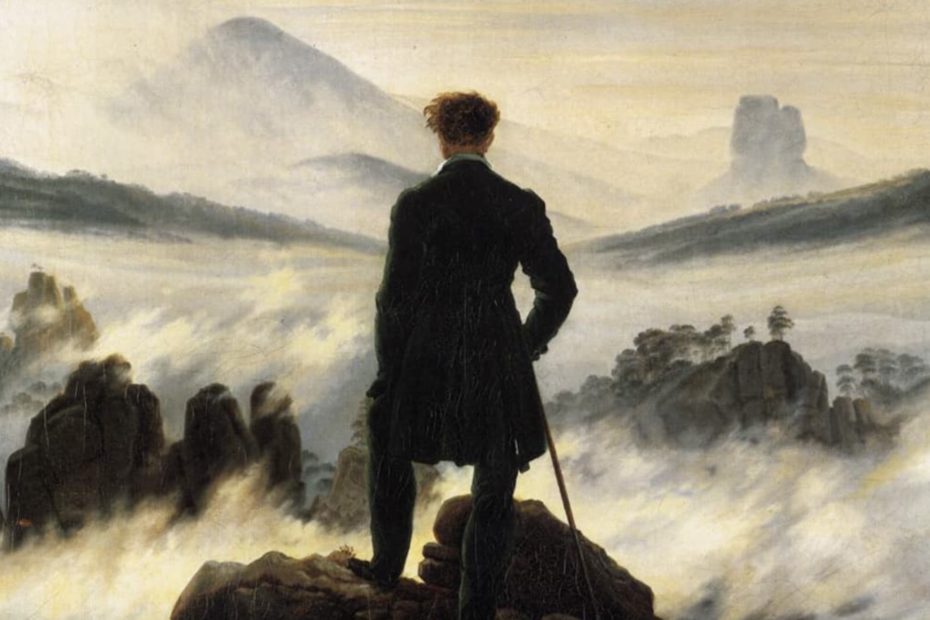Victor Soares Lopes
Graduado em Letras: Inglês/Literaturas pela Universidade do Estado do Rio de Janeiro (UERJ, 2025). Curador de Conteúdo do Projeto de Extensão Literatura Inglesa Brasil, tendo atuado anteriormente como bolsista entre o período de 2022-2024, sob orientação da Profa. Dra. Marcela Santos Brigida. Oferece aulas de monitoria de Cultura Inglesa no Instituto de Letras da UERJ, sob orientação da Profa. Patricia Marouvo. Coorganizou o livro Dickens in Brazil: A Tale of Two Cities in Students Voices (Kellynch Press, 2024). Pesquisador da obra da escritora estadunidense Raven Leilani e tem interesse no romance contemporâneo em língua inglesa.
